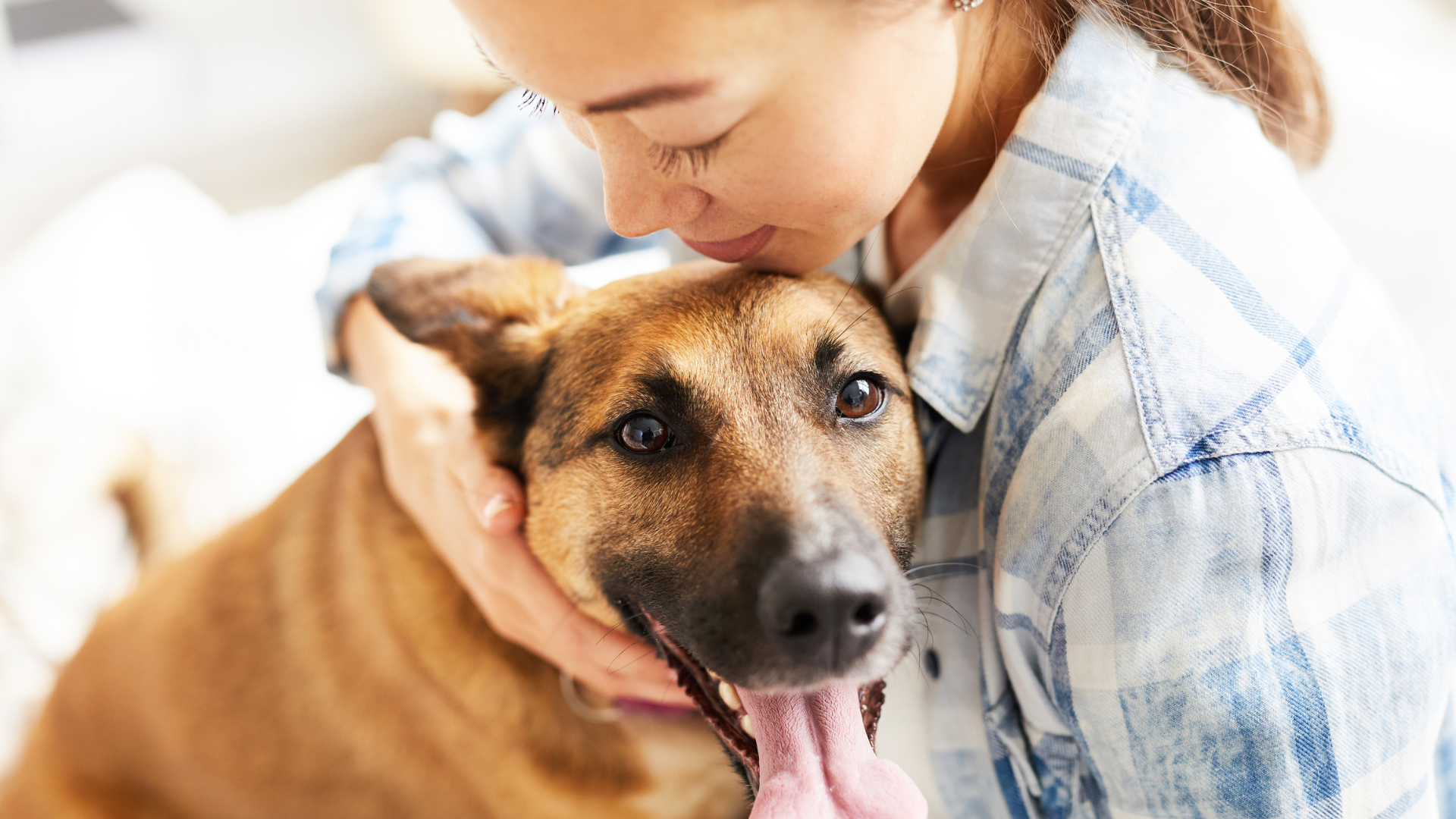
There are so many benefits to having a dog. They happily provide unconditional love and devotion to their owners. Your home will be filled with life and energy. (Zoomies, anyone?) Dogs help teach children responsibility in caring for another living being. They can protect your home, provide emotional support. The list goes on and on.
Aside from a few minor inconveniences — like perpetually picking up poop and vacuuming up dog hair — the only real downside of having a dog is saying goodbye to them. This is evidently the reason so many people are opting to simply clone their pets so they don’t have to.
More from LittleThings: Create Plush Versions Of Your Pets With These Adorable ‘Cuddle Clones’
One of the biggest stories of the millennium era was Dolly the Sheep, the first mammal to be successfully cloned from an adult cell. Since then, the process of cloning pets has been big business.
Blake Russell, the president of ViaGen, told the New York Post, “Cloning is growing as fast as we can effectively manage the growth.” ViaGen is the only company in the United States that offers pet cloning as a service.
More from LittleThings: 81-Year-Old Woman Missing In the Woods Is Rescued After Over 20 Hours Thanks To Police Dog
The company’s particular corner on the market has put it in high demand. There is currently a five-month wait list for the service. It begins with a sample from the deceased pet. It must be harvested five days after the death, but can be frozen and stored for decades. Those who store their samples with ViaGen pay up for $150 annually for storage, in addition to the $1,600 collection fee.
After that, DNA from the sample is inserted in a donor egg, which has had its own genetic material removed. ViaGen uses electricity to stimulate cell division. Several embryos are then implanted in a surrogate animal, with the hopes that at least one will survive. If everything works out, in about two month time, a healthy dog or cat will be born
As you might imagine, the price tag for all of this is a hefty one. Austin, a businessman living in New York City, recently spent $50,400 to have his Yorkshire terrier Caesar cloned. The company once offered financing, but doesn’t anymore. Austin, who went by his middle name to maintain his professional anonymity, was adamant about not starting over with a new puppy.
“I could not get a strange dog; I was so heartbroken and emotionally attached and going through this was a way to get a bit of Caesar back,’’ Austin said.
“I wanted to continue his bloodline, and he was neutered as a baby. The simple answer is, I didn’t want another dog; I wanted Caesar’s offspring. For me, this was the only way to move forward.’’
The process of cloning involves surgery on two animals: there is retrieval from the egg donor and the procedure that allows the clone to be born. The operations these animals endure have raised ethical concerns. But a spokesperson from the company assures the animals are taken care of. No word from the animals themselves.
While these clones bear an uncanny resemblance to their predecessors, there are slight differences. Kelly Anderson had her cat Chai cloned after she died seven years ago. Anderson, an influencer and marketer, paid $25,00 for the procedure. She named the clone Belle.
“I felt an immediate bond and so much love,” she said. “Belle’s temperament is the same as Chai’s — they are bold, bossy, and sassy — total ice queens.”
Still, Belle is an individual. “Belle is not in tune with my emotions like Chai was,” she said, but “I was depressed then and I’m in a much better place [now].”



